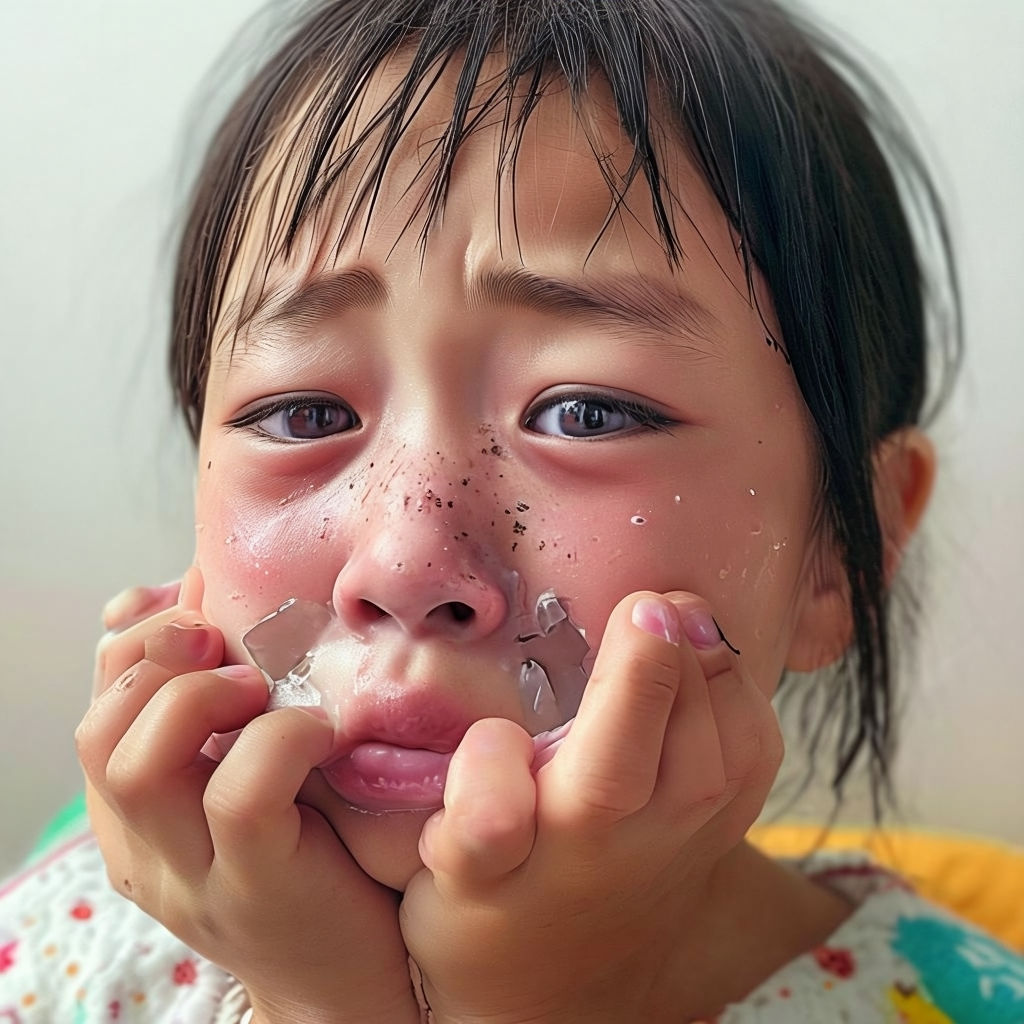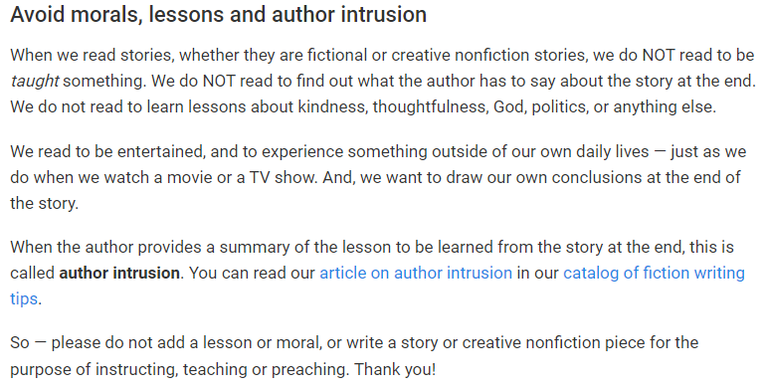
"It's malaria, definitely malaria!" Mrs Chioma exclaimed, with a voice laced with worry. "If not why would my daughter be shivering like that, her body is scorching hot, and we really have to do something about it! Obim please answer me" She begged her husband to help!
Her daughter's condition was deteriorating by the minute. Her shivers was turning into violent tremors and despite her mother's efforts to calm the fever with a cold towel, her fever showed no signs of subsiding.
There's this thing about African people, if someone is sick and is feverish, they quickly conclude it's malaria and issues treatment immediately even without doctor's diagnosis or prescription. Also once they suspect Malaria, they treat both malaria and typhoid.
Mrs Chioma's daughter was 15 years old and the mother knew just the right medication to give her for "Malaria".
Mr Chima, Mrs Chioma's husband gave her some money for malaria medicines and she rushed to the nearby chemist.
"Give me Lumartem plus for a 15 years old who has malaria and Typhoid medicine available in your stall. Also please add Paracetamol to it and let me know the amount for everything," She instructed the Chemist!
Well as it's customary for them they handed these medications to Mrs Chioma and she quickly returned home to give her daughter the medicines she just bought. As she entered the house, she assured her daughter that she'd be fine after taking the malaria medicines she bought for her. Without a second thought, she prepared the dose of Lumartem and typhoid medicine and rushed to administer them.
"Here, Nne, take this. You'll feel better soon, sit up and take your medicine" Mrs. Chioma whispered as she coaxed the pills down her daughter's throat, following it with a glass of water. Her daughter groaned weakly, eyes barely open, her body was still very hot with fever.
She gave her one dose in the morning, another in the night, till three days when the malaria medicines finished, but instead of improving, her daughters health got even worse. Her fever soared higher, and the tremors became even more violent.
"Obim, why is she not getting better?" she cried! Her husband stood beside their daughter's bed, helplessly watching. He could have suggested calling a doctor, but like many in Africa, they had grown used to handling illnesses like malaria on their own, besides going to the hospital is very expressive and many can't afford it.
Soon after sunset their daughter began to lose consciousness, her breathing became irregular and her skin started to take on a pale, almost ashen tone while still burning with fever. Mrs Chioma began panicking greatly.
"Obim, this is no longer normal o! We need to take this girl to the hospital before I end up losing my daughter!" she finally screamed. Mr. Chima didn’t need any more convincing. He quickly grabbed the keys to his Taxi Motor and lifted their limp and barely unresponsive daughter into his arms.
At the hospital, the doctors were fast to respond. After running some tests on the girl, the doctor approached the couple with a grim expression.
"I'm afraid your daughter’s condition isn't just malaria," the doctor said. "She has severe bacterial meningitis, and it’s life-threatening. Administering those malaria medications only worsened her condition. She needs urgent treatment with the right antibiotics, and you should’ve brought her here much earlier."
Mrs Chioma still found it hard to believe that it wasn't Malaria that her daughter was suffering from.
"So doctor you're saying it's not Malaria that my daughter has? This menin...gitis what does it mean, how can she have that kind of thing"
The doctor explained that Melingitis is a bacterial infection that mimics malaria symptoms such as fever, headache, vomiting, but it is far more dangerous and requires immediate medical intervention.
"It's important to always get a proper diagnosis before administering any treatments, The doctor continued, You must never treat serious conditions without consulting a healthcare professional first."
Mrs. Chioma's heart sank as the weight of the doctor’s words hit her. Her daughter had been suffering from something far more serious than malaria, and their assumption had nearly cost her life.
Mrs Chioma sobbed, she realized the mistake she had made, a mistake that is rooted in a practice so common in Africa, self-diagnosing and self-medication for malaria without truly knowing what was wrong first. Now her daughter's life hung in the balance, all because they hadn't sought proper medical care earlier, and they'll also be spending more money, something they could have avoided from the beginning.
Well the doctor assured them that they would do everything within their power to save the girl but it might be a long road ahead.
As they waited for their daughter to be stabilized, Mrs. Chioma vowed that she would never again take such a risk with her children's health. Malaria might be common, but it wasn’t the only illness that could strike, and from that day on, she would always consult a doctor before giving any medication.
And from this all Africans, especially my fellow Nigerians should learn!

